
Unequal Justice project weds teamwork with big numbers Blog Post
I’m tickled that I finally get to write about the Unequal Justice series collaboration today,…

I’m tickled that I finally get to write about the Unequal Justice series collaboration today,…

From the state’s ban on black immigrants in 1843, to the choking death of a black former U.S. marine by a police officer in 1985, incidents in Oregon have solidified its racist image.
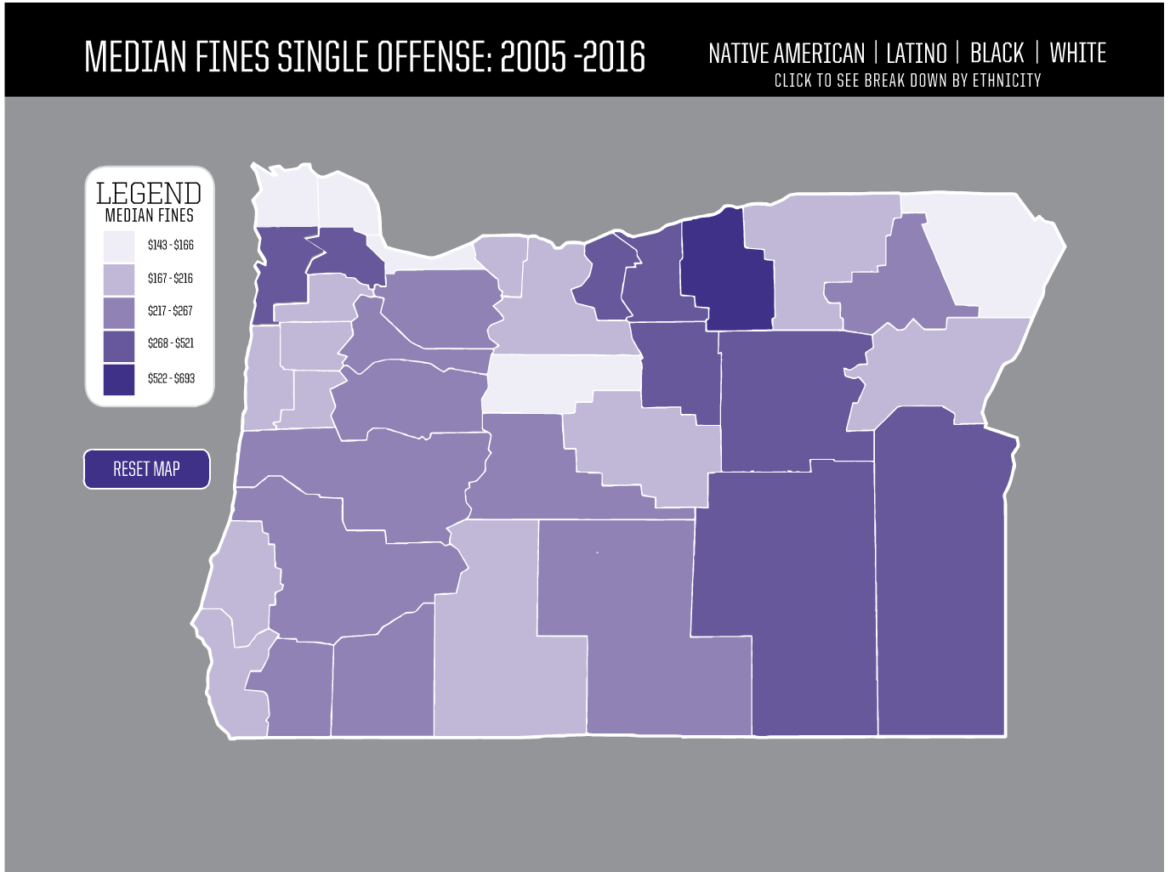
A project in Oregon parsed more than 5.5 million court records to find that equal justice remains an elusive goal for the state’s more than 650,000 black and Latino residents. Upon hearing the findings, the state senate’s president, Peter Courtney, called them “alarming” while Attorney General Ellen Rosenblum, who is leading legislative reforms on police profiling, called it “embarrassing” that reporters were first to analyze the state’s data.

The Unequal Justice project is collaboration between InvestigateWest, the Pamplin Media Group, and independent journalist Kate Willson with support from the Fund for Investigative Journalism The National Institute for Computer-Assisted Reporting reviewed and refined the methodology and analysis, and researcher Mark G. Harmon from the Portland State University Criminology & Criminal Justice Department provided statistical review and analysis.

InvestigateWest’s work resulted in 13 laws being passed in Washington and Oregon this year, and $48 million in foster care funding being appropriated in Washington. News partners involved in the coverage include Crosscut.com, KCTS9 TV and Pamplin Media Group.

A bill sent to Oregon Gov. Kate Brown attempts to crack down on police racially profiling citizens. It drew controversy late in the legislative process when Democrats amended it to make possession of small amounts of heroin, cocaine and methamphetamine misdemeanors instead of felonies to encourage drug treatment.
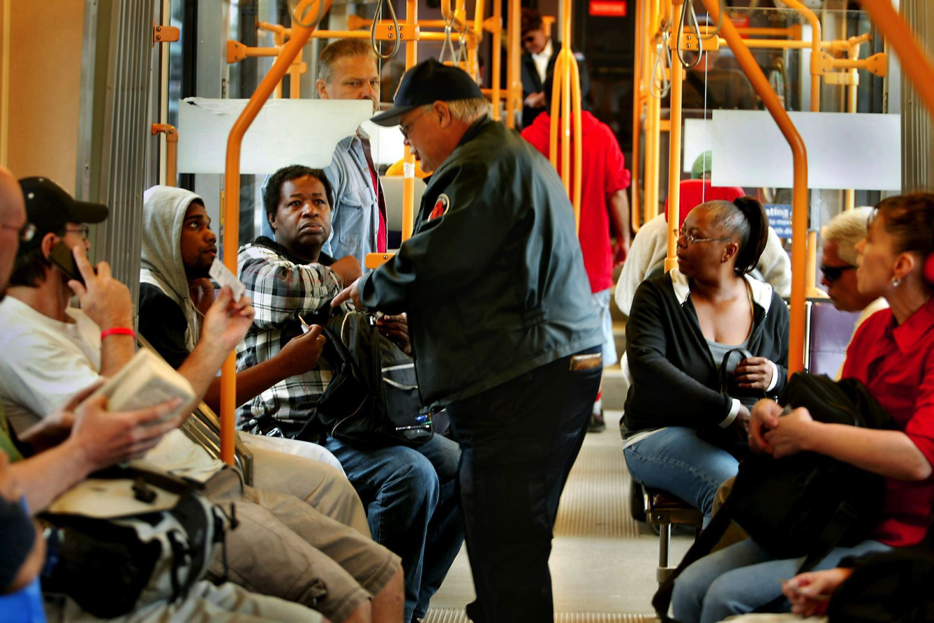
Black riders face stiffest transit penalty: A study of fare enforcement on TriMet found no disparities last year. But that study didn’t take into account data that show police assigned exclusively to TriMet charge black transit riders with interfering with public transit – a misdemeanor on par with drunk driving – at rates at least 6.4 times those of white riders.
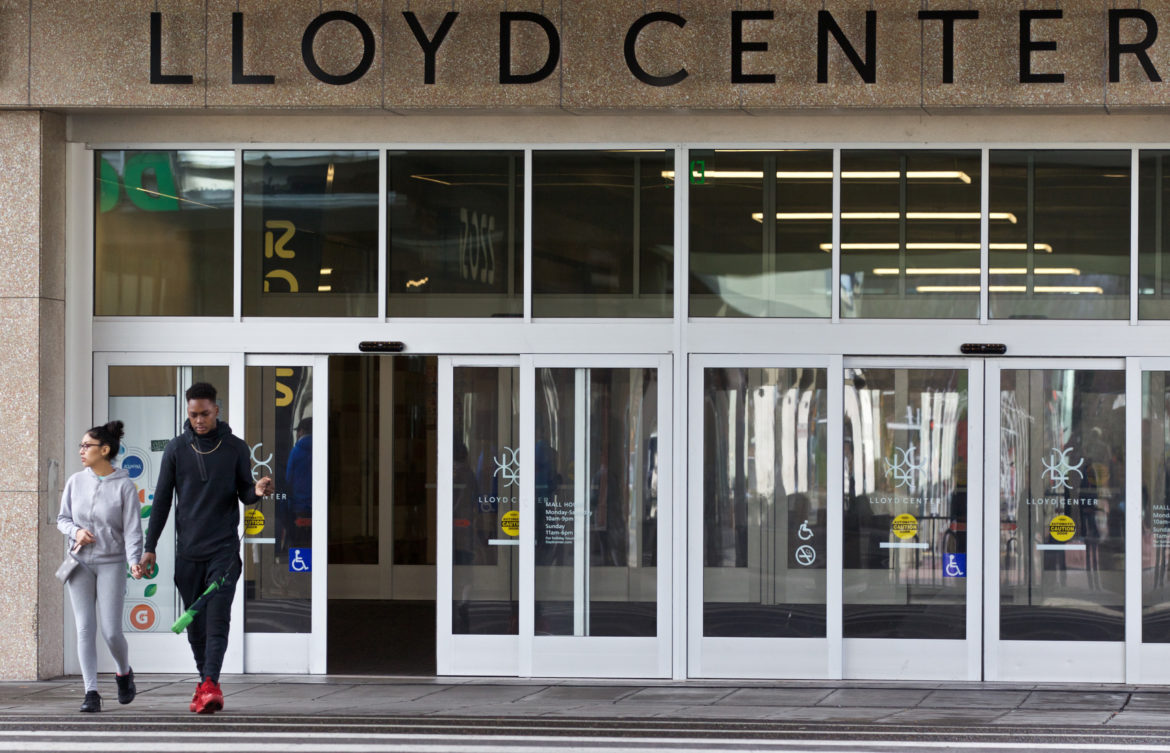
Data shows prosecutors don’t introduce new racial disparities to the criminal justice system in Multnomah County, but they also don’t reduce them either – not yet. New information shows prosecutors may be on a path to doing so. And that they perhaps have rich opportunity to solve problems when other parts of the system fall short.
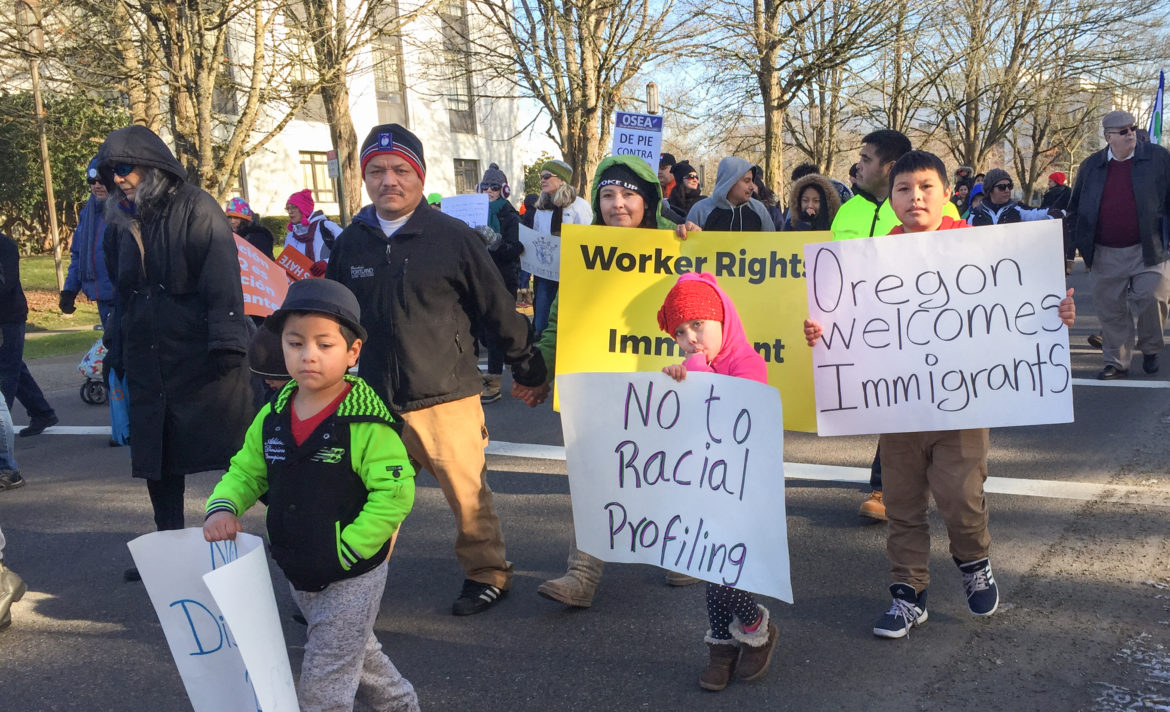
It cost $2,400 to buy the Unequal Justice series. That’s not pay for the reporters…
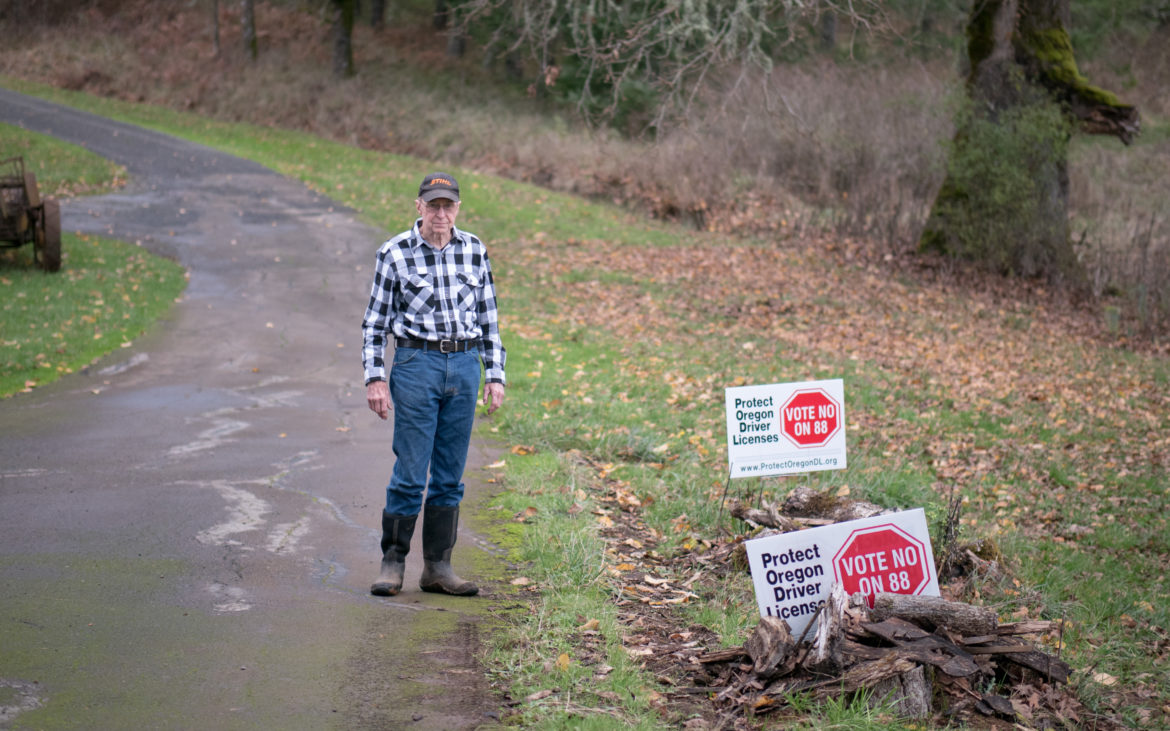
In early Sept. 2001, Bob Terry was helping chart a path to citizenship for immigrant workers in the nursery business. Then 9-11 happened. And Jim Ludwick. Driving in Oregon would never be the same.